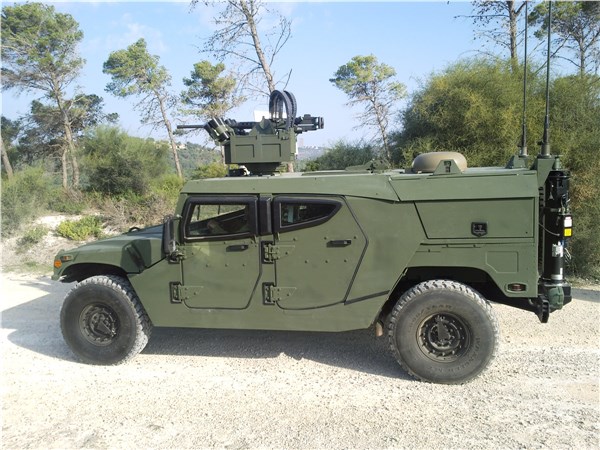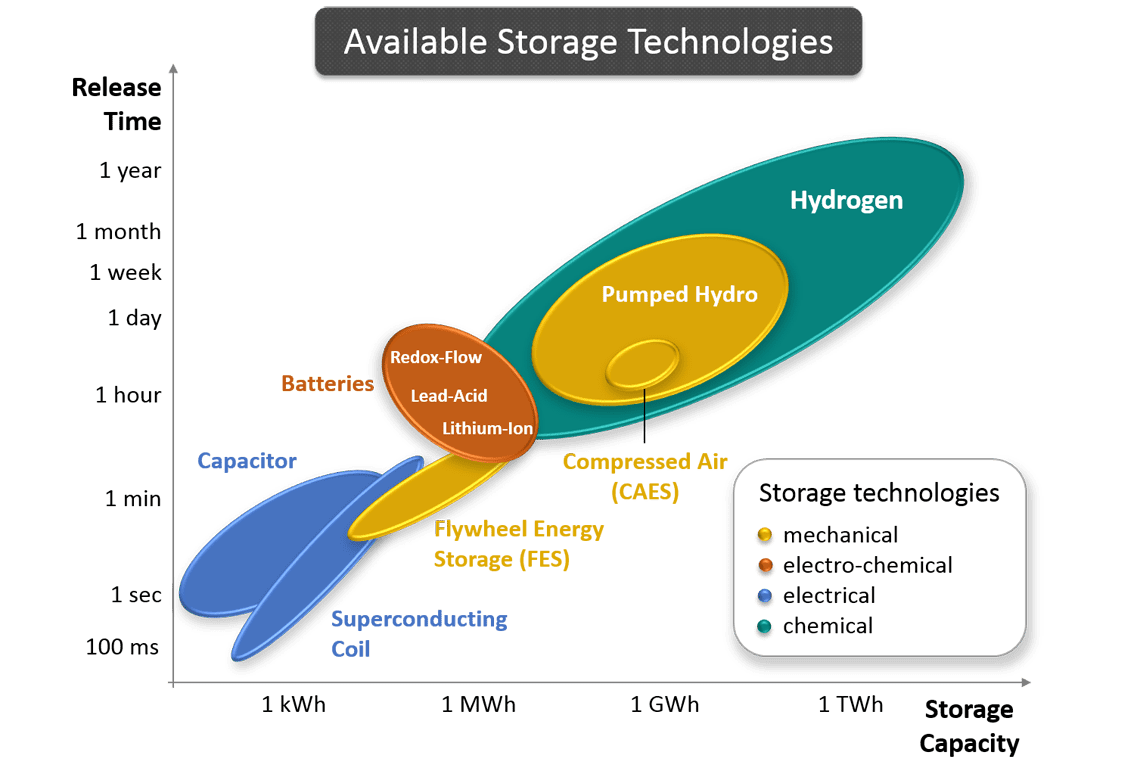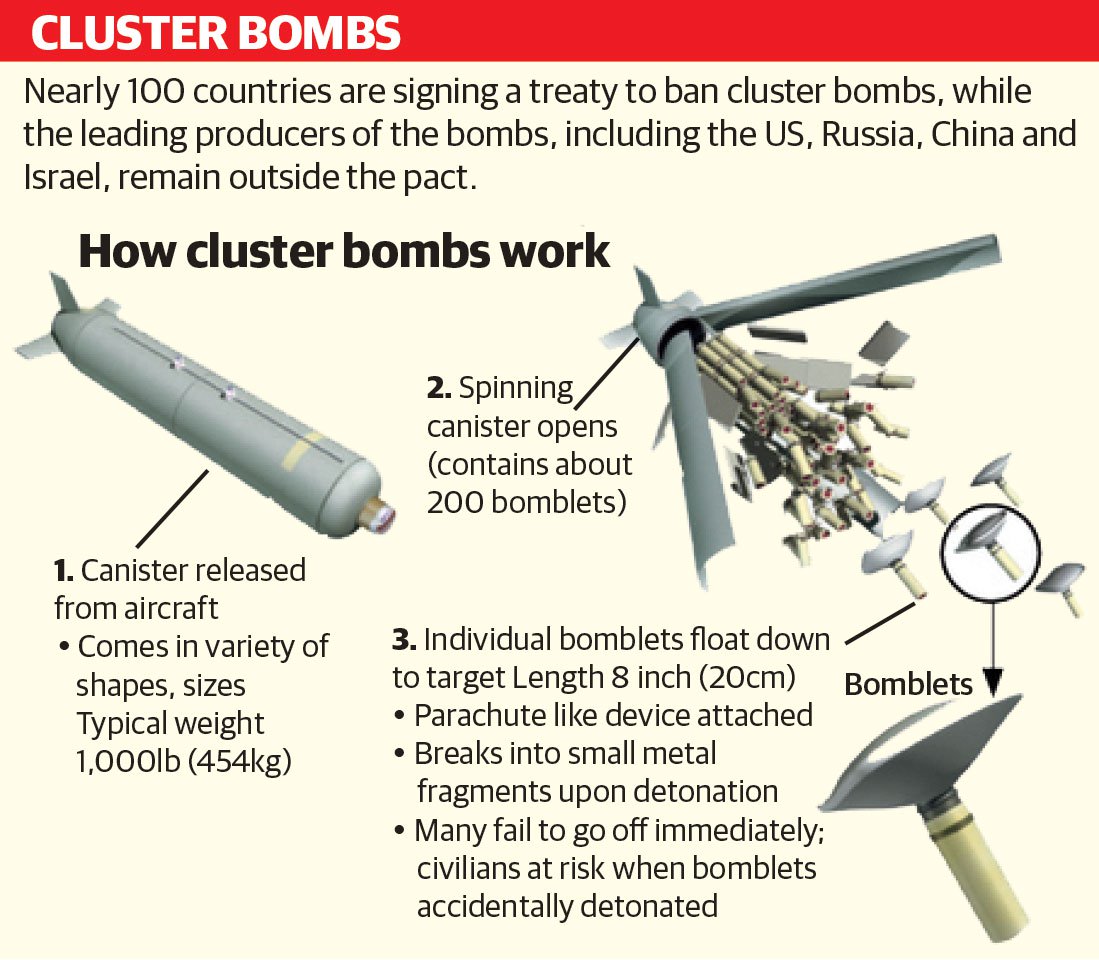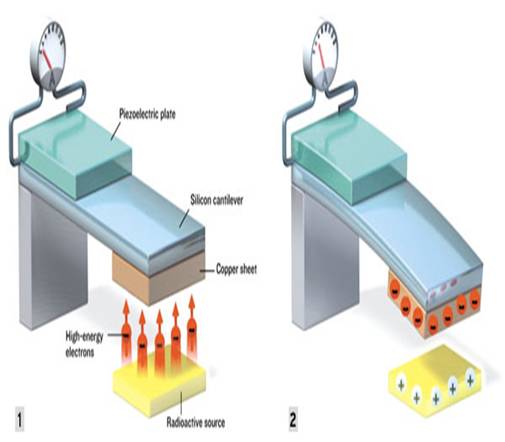Building a Brighter Future: How the JET Initiative is Transforming Economies and Creating Jobs
Introduction: In the fight against poverty, sustainable economic growth plays a vital role. Lower-income countries need strategies that not only provide financial aid but also foster job creation and shared prosperity. The Jobs and Economic Transformation (JET) initiative, spearheaded by…




